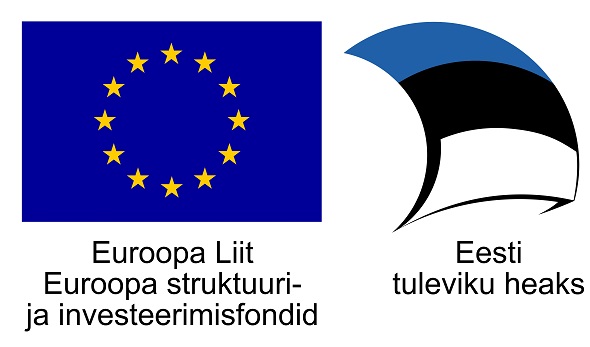‘A language – non resident’ call for artists
‘A language – non resident’ is an international continuous project of contemporary art focusing on languages as objects that could be separated from geographical, political and literary links so they potentially could be created and used for connecting communities and minds beyond their linguistic contexts. Calls for artists will be sent to artists in Lithuania, Latvia, Estonia and Spain, later proceeding the project and including participants from Bulgaria, Byelorussia and Poland.
Symbolical starting points for this project are implications and suggestions of the ideas by L.L.Zamenhof’s Esperanto language (‘one who hopes’) and objects named after Zamenhof-Esperanto (ZEOs) that are scattered all around the world (such as monuments, streets, islands, asteroids etc.). These highlights help to define the way this project is focussed on ideological attribution of linguistic structures and possible ways of representing them in objects of art. These examples point call for artists to submit works of art as artistic propositions and interpretations of the subject that would take into account connectional problems and critical arguments that raise questions about usage of native or international languages in one’s artistic practice, political contexts and national belonging.
The main questions and issues proposed to artists are focused upon searching for artistic propositions and solutions dealing with languages as systems and means of communication that could be able to reflect a thoughts or states of contemporary world approaching any language beyond it’s past, control and discourses of particular language. This project is relevant to questioning issues of usage of linguistic practises in contemporary art, culture and politics, also to artistic researching on possible ways of communication in space of art by analysing and reacting to such processes as constantly increasing tendencies of dependence upon language in art, untranslatable cultural processes or sense of distrust towards political language. For this purpose, the project serves as a initiative aimed at searching for ways of articulating artistic propositions for vocabularies and usage of a language.





